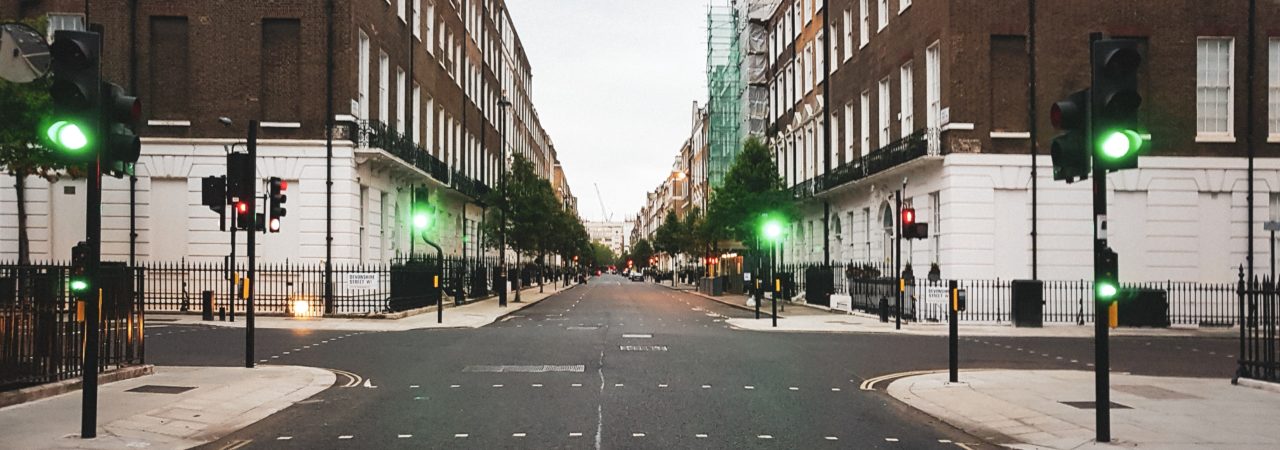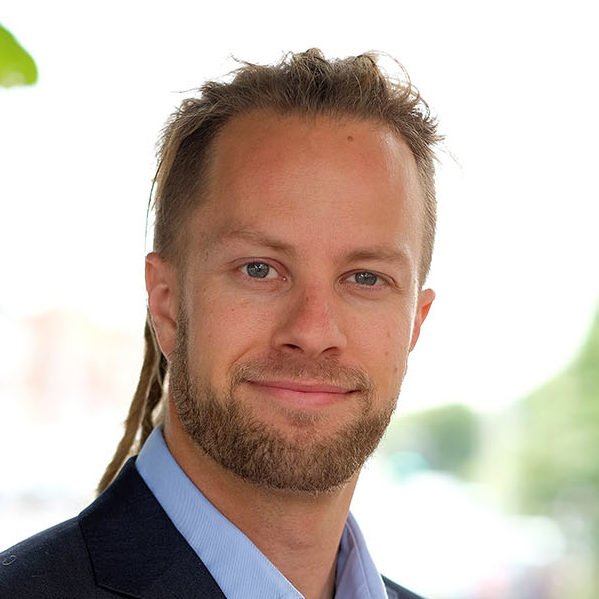We approach the end of our second month in lockdown, and maybe the end is now in sight. However, the road back to our old way of working is still a long one, and many restrictions will still have to be in place even after the current lockdown has lifted.
One key issue we’ve been encountering across all our services during this time is of isolation and loneliness. This is, of course, not a new issue by any means – but the restrictions placed on us by ‘social distancing’ has amplified the impact of loneliness a hundredfold. Many in our community have been cut off entirely from those that support them, and the pandemic and lockdown itself further breeds anxiety and vulnerability.
Perhaps ‘social distancing’ was not the best way to describe it, though – while we must, of course, continue to remain physically distant to contain this virus, now more than ever, we must not distance ourselves from others in the social sense. Those who are isolated, quarantined, or are shielding, need our support in many ways right now, and that support includes having someone there to talk to.
“I think that relationships are the critical resource we have in solving some of these intractable problems.But today, our relationships are all but written off by our politics, our social policies, our welfare institutions.”
Now is the time for us to build new relationships, to spread our love and care to more people, and to build a stronger community – one where people will continue to offer their support to each other even when this pandemic is just a distant memory.
Three of our team members from across different parts of LifeLine Projects have each written about how we’re dealing with loneliness and isolation in different areas:



